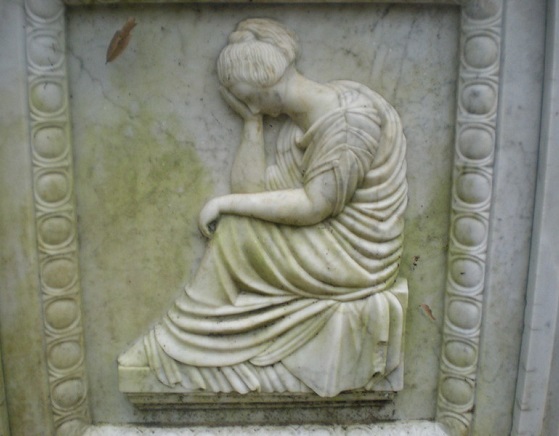How to Treat a Bereaved Mother: A Possible Guide. {poetry}

{source}
My poem, “How to Treat a Bereaved Mother: A Possible Guide,” is just that: a guide, and I wrote it for three main reasons.
The first is that writing is cathartic, perhaps a reason why being quarantined has been a time of creativity for so many. The act of writing allows a stilling and distilling, a condensing of emotion into words poured onto a page. Writing has become my savior in a way and my counselor.
Secondly, I found that people do not know how to treat the grieving, and that there can be a real stigma attached to death itself, but also to a death that has been self-inflicted, as my son’s was. People turn away in horror, in embarrassment and, sometimes horrifically, in resentment that attention has been drawn to someone other than themselves.
When my son died, I lived in a small town, and there were rumors, speculation, and I was bullied. This happened both in person and online. Those who wanted to offer support often seemed frozen, not knowing what to do. This poem gives some solutions. It boils down to kindness. Do not judge, and above all, listen. Their story is theirs and their grief unique.
Thirdly, I wrote the poem hoping that it might be of use to other people who are bereaved. The details are true to my experience. How someone bereaved feels and how they choose to, or very often just do, act is valid, even if, to an outsider, they seem to have lost control. Indeed, losing control should be recognized as a valid response to grief. It won’t last forever, although, at the time, it seems as though it will.
How to Treat a Bereaved Mother: A Possible Guide.
Allow her the space to reshape herself
For who is she now with a child gone?
And the umbilical cord that stretched between them… always
Through childhood
Through the university years
Is now cruelly snapped like a rope spiraling downwards
Leaving her raw.
Be kind, and allow time
As much as she needs.
It might be forever.
It is, after all, her whole being that is broken
Not an arm or a leg.
Do not heap upon her the miseries of others
Like ostentatious funeral bouquets:
A still-birth, a car crash, the death of a father
For deaths have no hierarchy
And it is not a competition.
None is more awful than another.
Do not ask how the child died.
It is not the how but the why that matters
When she howls in the bathroom
Curled on the floor as a fetus
Before drying her eyes
Putting on her game face
Ready to go to work
To face those still living
Although she is dead inside.
Avoid the labels: hysterical, emotional, negative, mad
For she is all those things yet none of them
And her sudden mood swings and wild anger
Have their place
Are steps on the journey that she did not ask for
That she wants
More than anything,
To end.
Walk silently on eggshells, but do not mention them.
Keep to yourself thoughts of what used to be.
Sit with her despite it all
Do not claim to understand, although perhaps
You also grieve
For this is her story and this is her grief.
***
Lynda Scott Araya is a writer, editor and educator who lives in a beautiful small rural town in the South Island of New Zealand. She lives in a historical house which she, along with her husband, owns and manages. Lynda is the mother of two sons, one of whom is deceased. She has previously been published, most recently in Collidescope and The Blue Nib, and has work forthcoming in The Oamaru Mail.

